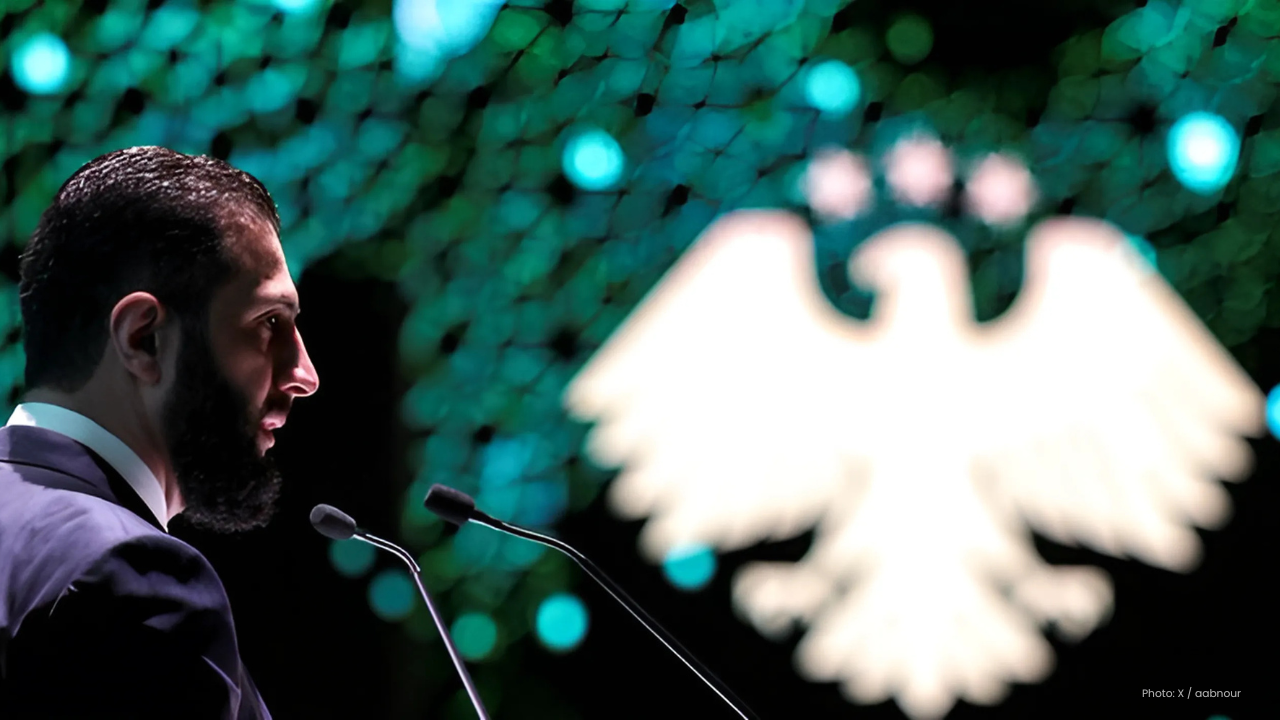
Post by : Naveen Mittal
Syria and Israel, two neighbors long divided by war and mistrust, are now talking about a possible deal. The talks could stop Israeli airstrikes and bring back Israeli troops who have entered parts of southern Syria. Syrian President Ahmed al-Sharaa believes the talks could bring results within days.
These discussions come at a time when the world’s eyes are on the region. Leaders are preparing to meet at the United Nations in New York, and many believe that a peace arrangement between Syria and Israel could change the direction of Middle East politics.
For decades, Syria and Israel have been bitter rivals. The two countries fought wars in the past, and even after open battles stopped, the tension never ended. Israel has often launched airstrikes on Syrian land. In fact, Sharaa said that Israel has carried out more than 1,000 strikes and 400 ground raids since December 8 of last year.
That date is important because it was the day Sharaa’s forces toppled former Syrian leader Bashar al-Assad. Since then, Syria has been under new leadership, but the shadow of war has not gone away.
Syria is asking for something very simple — for Israel to stop its strikes and to pull its troops back from southern Syria. Sharaa compared the idea to the agreement Syria and Israel made in 1974. That old deal created a buffer zone between the countries and helped reduce clashes.
Sharaa also made it clear that he wants a united and stable Syria, not one constantly bombed by outside forces. He said the strikes by Israel go against what America itself says it wants: peace and unity in Syria.
Israel, on the other hand, has its own plans. It does not want to leave all the areas it captured after December 8. Important places like Mount Hermon, a high mountain with strategic value, are areas that Israel has openly said it wants to keep.
This is one of the biggest challenges in the talks. While Syria wants all troops out, Israel wants to stay in certain locations for security reasons.
If the talks succeed, they could open the door to more agreements. Sharaa said there is a chance for future arrangements, but he ruled out a peace agreement similar to the “Abraham Accords,” which allowed some Arab countries to normalize ties with Israel. For now, Syria is only focusing on stopping strikes and troop withdrawal.
Sharaa also said it is too early to even start talking about the Golan Heights, a piece of land Israel captured years ago and that many Syrians want back. That issue, he explained, is “a big deal” and will need more time.
This is not the first time Syria and Israel came close to an agreement. In July, both countries were only a few days away from signing a security pact. But suddenly, violence broke out in Syria’s southern province of Sweida.
Syrian troops moved in to stop clashes between Druze and Bedouin fighters. The fighting grew worse, and Israeli airstrikes hit Damascus, the Syrian defense ministry, and even areas near the presidential palace.
Sharaa called the strike near the palace “a declaration of war.” Still, Syria decided not to respond militarily because it wanted to keep the chance of talks alive.
Some reports claimed the United States was pressuring Syria to strike a deal quickly, especially before the UN meeting in New York. But Sharaa denied this. He said the U.S. was acting more like a go-between, helping to pass messages, rather than forcing Syria into anything.
Sharaa admitted that the talks are not easy. He even joked with reporters, saying, “It’s a difficult case — you have negotiations between a Damascene and a Jew.” His words showed both the seriousness and the deep historical complexity of the talks.
The biggest roadblocks remain:
Will Israel agree to stop its strikes?
Will it pull out all troops, or only some?
Can both sides avoid new violence while talking?
The coming days could be historic. If Syria and Israel manage to reach a deal, it might bring new hope to a region long scarred by conflict. But if the talks fail, the cycle of strikes and fighting could continue.
For now, both nations — and the world — are waiting to see if peace is truly possible.
#syria #israel #middleeast #peace #diplomacy #unitednations #worldnews #conflictresolution


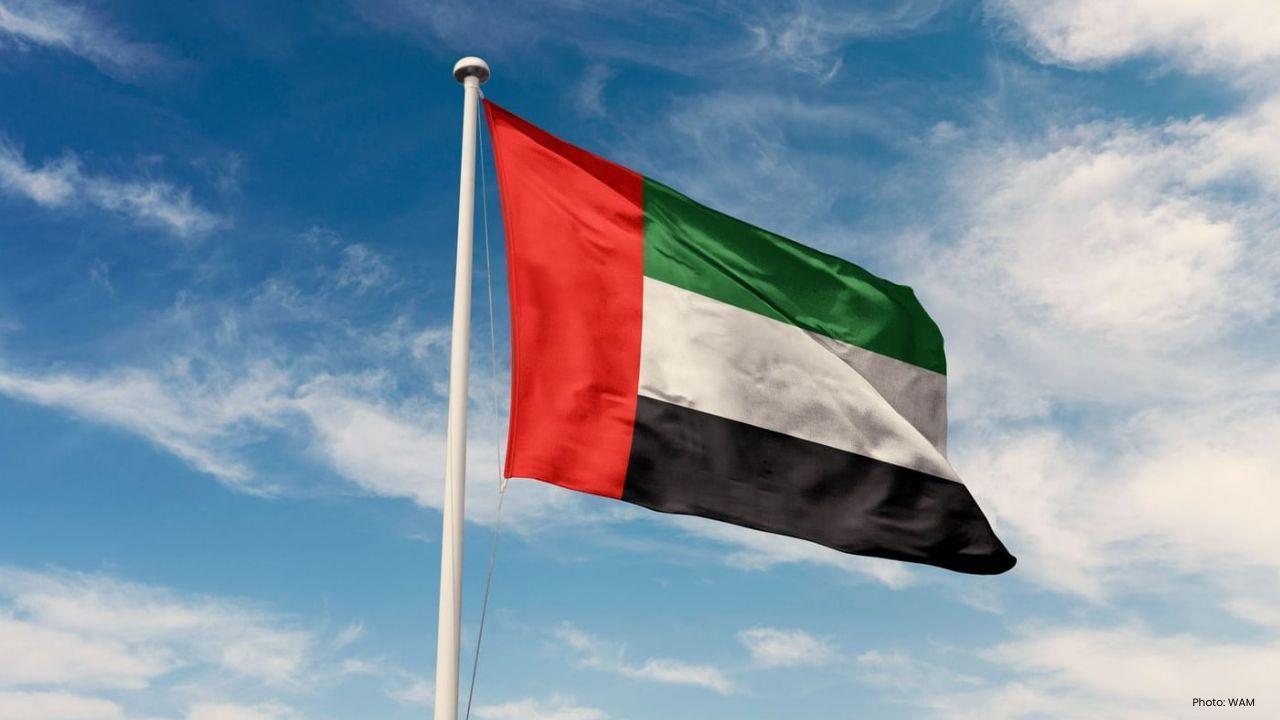
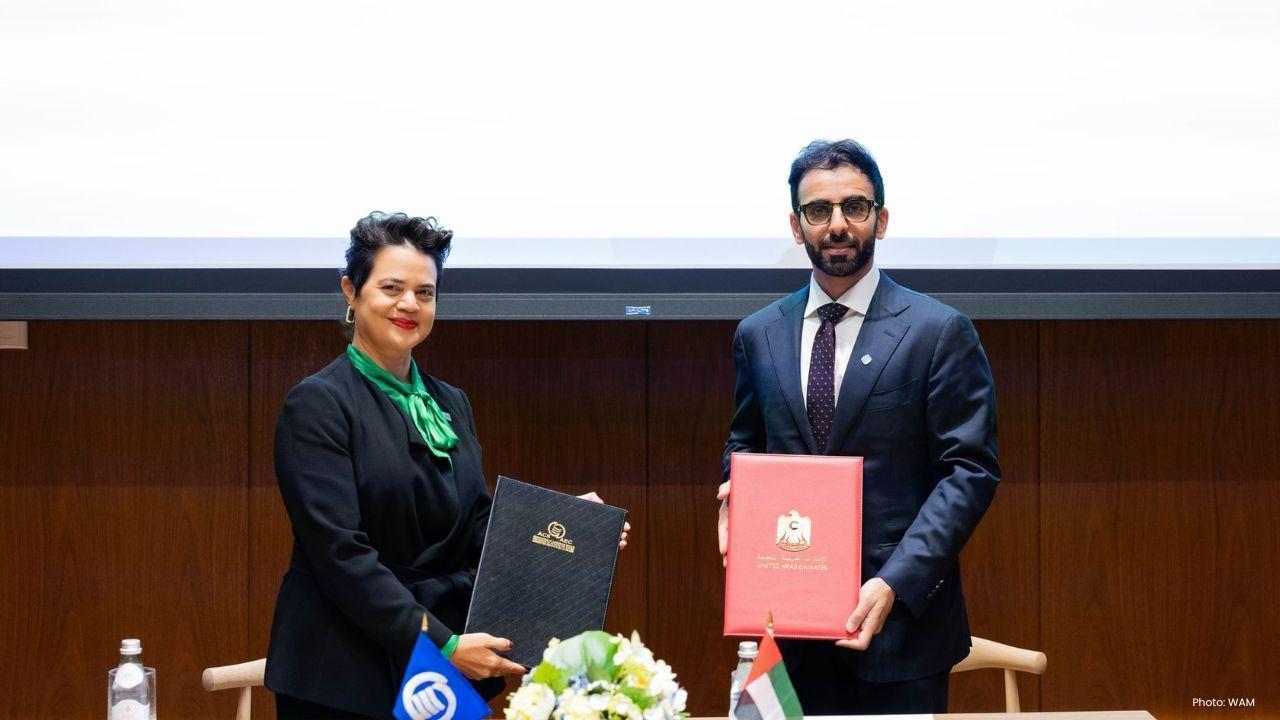


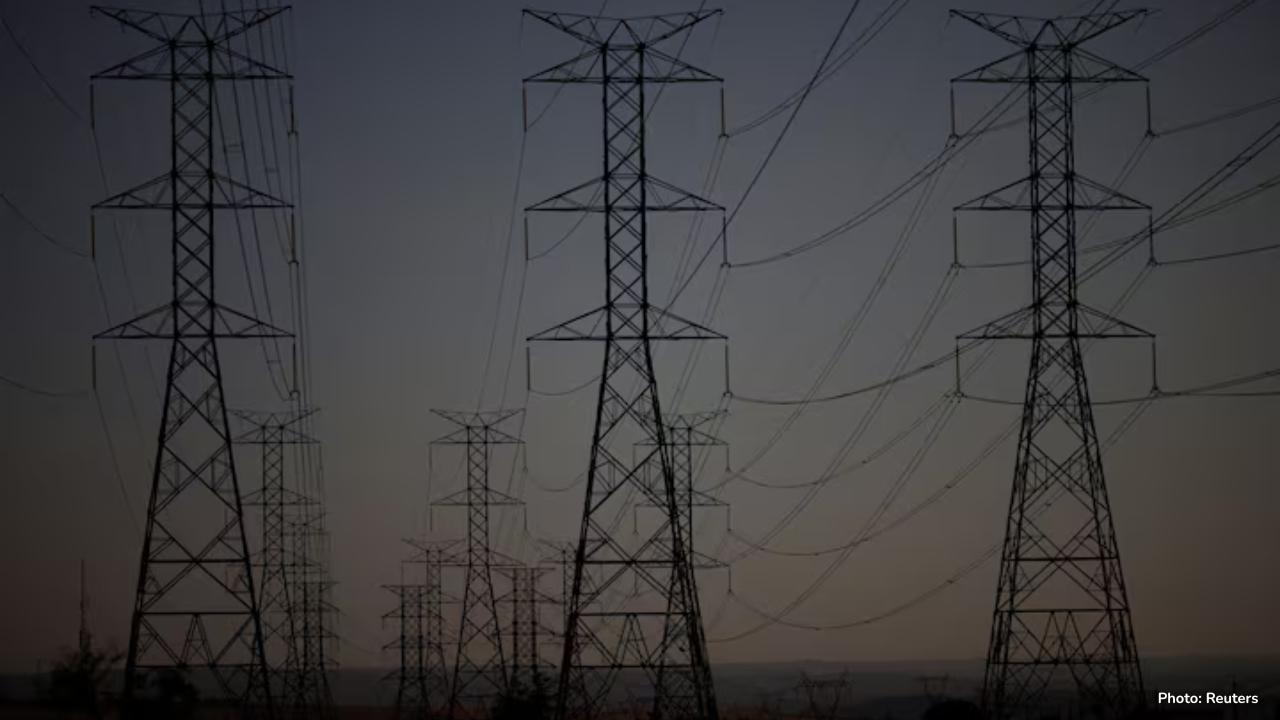

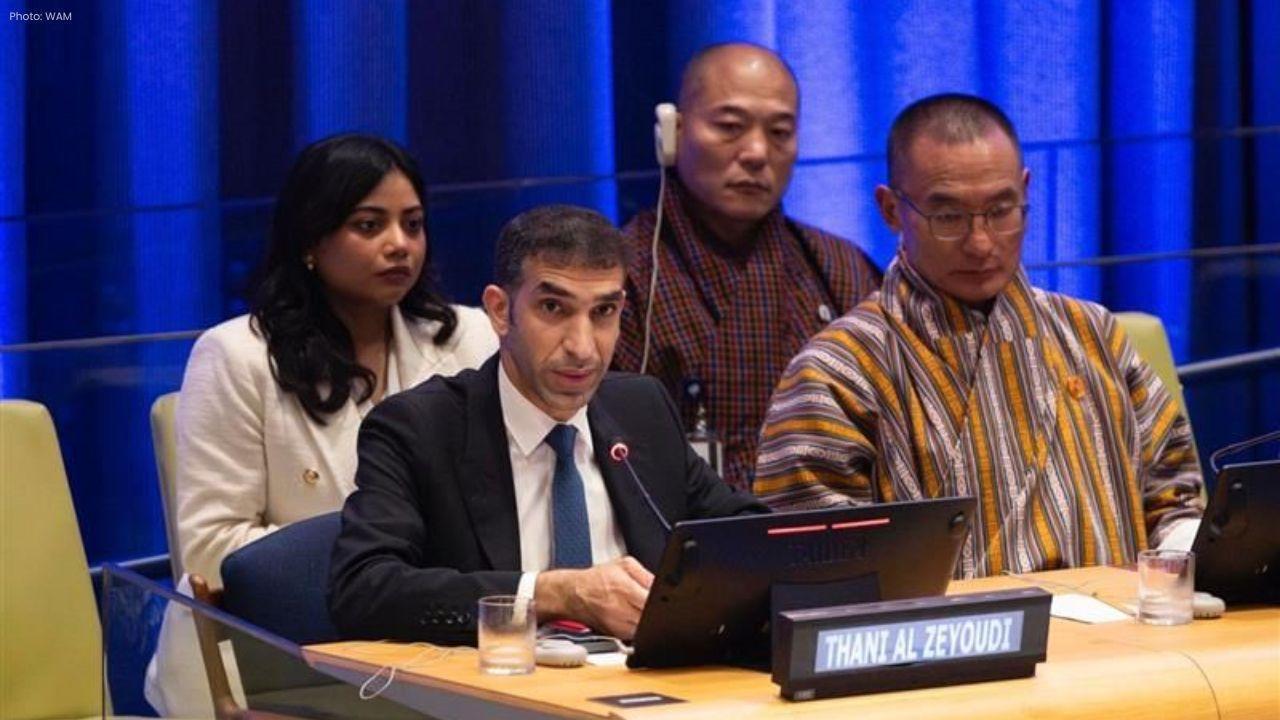

OpenAI's Revenue Soars to $4.3 Billion in First Half of 2025
OpenAI's revenue reaches $4.3 billion in the first half of 2025, marking a 16% increase from the pre

UAE Leaders Send Condolences to Saudi King Over Princess Abta's Death
UAE rulers and crown princes sent heartfelt messages to King Salman, mourning the passing of Princes

Brazil's Surplus Clean Energy Attracts Crypto Miners
Brazil's excess renewable energy is luring cryptocurrency miners. Companies like Tether and Renova E

Visa Tests Stablecoins to Make Global Payments Faster
Visa is testing stablecoins for international payments, aiming to speed up transactions and reduce t

Opera Unveils Neon AI Browser for Smarter Web Browsing
Opera introduces Neon, an AI-powered browser that automates tasks and enhances privacy, aiming to re

Albanese Visits Sheikh Zayed Grand Mosque in Abu Dhabi
Australian PM Albanese tours Sheikh Zayed Grand Mosque, highlighting peace, tolerance, and cultural